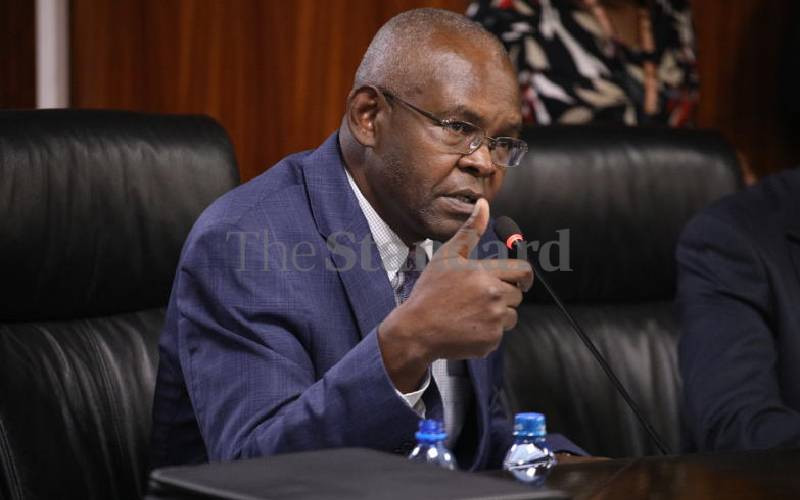×
The Standard e-Paper
Home To Bold Columnists

Borrowers have been spared the higher cost of loans after the Central Bank of Kenya (CBK) retained its benchmark signal rate at 13.00 per cent following Wednesday's Monetary Policy Committee (MPC) meeting.
CBK said the current monetary policy stance has reduced the threat of money-driven inflation even as banks cut loans to customers and bad loans reach record levels pointing to a worsening debt crisis afflicting Kenyan borrowers.